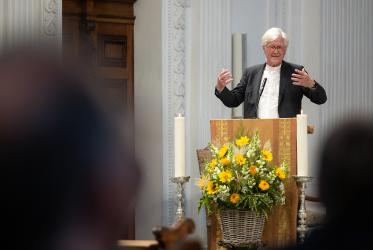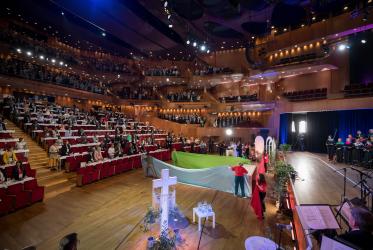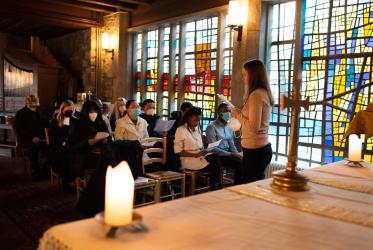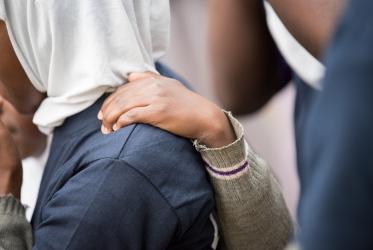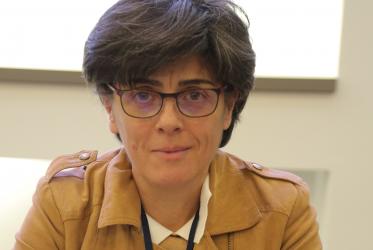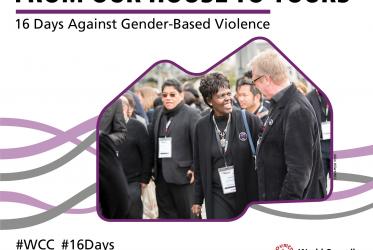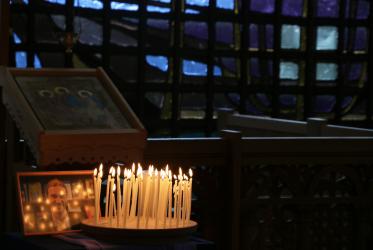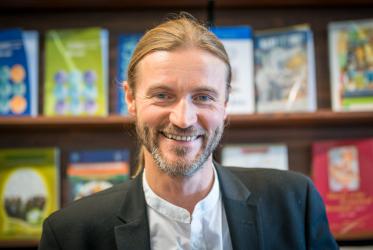Displaying 1 - 20 of 45
10 October 2023
Bible studies bring ways to learn how Christ’s love moves us
06 September 2022
Scottish and UK religious leaders call for urgent climate action
20 September 2021
In Lebanon, “without peace there is no justice”
21 July 2021
Hope prevails in times of crisis in Lebanon
14 September 2020
New student body at Bossey Ecumenical Institute “a source of joy”
14 September 2020
At Bossey, ’I could feel the belongingness’
17 June 2020
Dr Saïd Ailabouni: God is on the side of rejected, oppressed, occupied
12 September 2019
Ecumenical young trailblazers
15 August 2019
WCC mourns lost staff member in Ethiopian Airlines crash
11 March 2019
